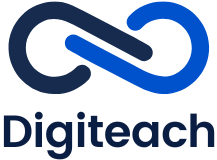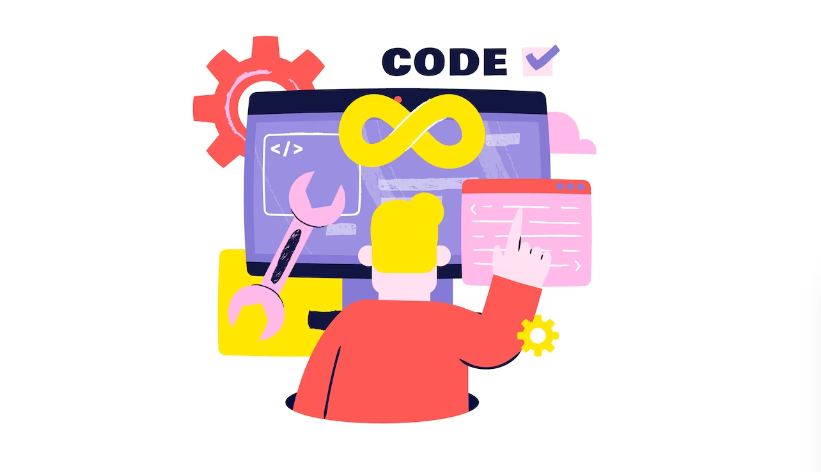Coding has become a key skill set in the current digital era, offering countless prospects for job advancement and creativity. But a widespread misperception is that learning to code costs a lot of money. We will examine several useful tactics and tools to help you code on a budget, making your aspirations of becoming a skilled programmer a reality. In truth, with the correct approach and resources, you can start your coding adventure without straining your budget.
Choose the Right Programming Language
When starting out, it’s essential to choose a programming language that suits your goals and resources. Many open-source languages like Python, JavaScript, and Ruby are freely available and widely supported by a vast online community. These languages offer extensive libraries, frameworks, and documentation, making them perfect choices for budget-conscious coders.
Leverage Free Online Learning Platforms
Expensive coding boot camps and courses are not the only path to acquiring programming skills. Numerous online platforms such as Coursera, edX, and FreeCodeCamp provide free or low-cost coding courses taught by industry professionals. These platforms offer structured learning paths, interactive exercises, and even certificates upon completion, enabling you to learn at your own pace without breaking the bank.
Utilize Open-Source Tools and Frameworks
Open-source tools and frameworks can be a game-changer for coding on a budget. Tools like Visual Studio Code, Atom, and Sublime Text offer robust features for code editing and debugging, without any cost. Additionally, popular frameworks like React, Angular, and Django empower developers to build sophisticated web applications using free, community-driven resources.
Embrace Online Documentation and Tutorials
The internet is a treasure trove of knowledge for aspiring coders. Comprehensive documentation, tutorials, and forums are available for almost every programming language and technology. Websites like MDN Web Docs, W3Schools, and Stack Overflow provide valuable insights, troubleshooting guidance, and code examples, helping you overcome obstacles on your coding journey.
Join Coding Communities and Meetups
Engaging with coding communities is a cost-effective way to enhance your skills and build connections with like-minded individuals. Joining online forums, social media groups, and developer communities such as GitHub and Reddit allows you to seek guidance, collaborate on projects, and stay updated with the latest trends—all for free. Additionally, attending local coding meetups can provide networking opportunities and valuable face-to-face interactions with experienced developers.
Contribute to Open-Source Projects
Contributing to open-source projects not only improves your coding skills but also boosts your resume and demonstrates your expertise to potential employers. You can find open-source projects on platforms like GitHub, GitLab, and Bitbucket. Start by identifying beginner-friendly projects, fixing bugs, or adding new features. Your contributions can make a real impact while enabling you to learn from experienced developers and be part of a vibrant coding community.
Build a Personal Coding Portfolio
Creating a personal coding portfolio is essential for showcasing your skills and attracting potential clients or employers. Use free hosting services like GitHub Pages or Netlify to showcase your projects. By sharing your portfolio online, you can receive valuable feedback, build your reputation, and even secure freelance coding gigs—all without spending a dime.
Utilize Free Code Editors and Integrated Development Environments (IDEs)
There are several feature-rich code editors and IDEs available for free. IDEs like Eclipse, IntelliJ IDEA Community Edition, and NetBeans offer a comprehensive coding environment for various programming languages. These tools provide features like syntax highlighting, code completion, and debugging capabilities, empowering you to write efficient and error-free code without spending a penny.
Explore Free Online Coding Challenges and Hackathons
Participating in coding challenges and hackathons is an excellent way to sharpen your skills, collaborate with fellow coders, and potentially win prizes or recognition. Platforms like HackerRank, LeetCode, and Kaggle host a wide range of coding challenges, competitions, and data science projects that you can join for free. These events provide opportunities to work on real-world problems, expand your knowledge, and showcase your abilities.
Set Up a Budget-Friendly Development Environment
When it comes to setting up your coding environment, consider using cost-effective alternatives to expensive hardware. Instead of purchasing high-end computers, you can opt for refurbished or budget-friendly laptops that meet the minimum system requirements for your chosen programming language. Additionally, cloud-based development platforms like AWS Cloud9, Microsoft Azure, and Google Cloud Platform offer free tiers and student discounts, allowing you to develop and deploy applications without investing in expensive infrastructure.
Utilize Free Online Resources for Graphics and Design
If your coding projects involve creating graphics or user interfaces, you don’t have to spend a fortune on expensive design software. Free tools like GIMP (GNU Image Manipulation Program) and Inkscape provide powerful features for image editing and vector graphics creation. They offer alternatives to costly software like Photoshop and Illustrator, enabling you to design visually appealing elements for your applications.
Attend Webinars and Virtual Workshops
Many organizations and technology companies host webinars and virtual workshops on various coding topics. These online events often feature industry experts who share their knowledge and insights. Look out for free webinars on platforms like YouTube, Twitch, and educational websites, as they can provide valuable information, tips, and best practices to enhance your coding skills.
Take Advantage of Free Mobile Apps and Development Tools
If you’re interested in mobile app development, several free resources can help you get started. Platforms like MIT App Inventor, Flutter, and React Native allow you to build cross-platform mobile applications without requiring expensive licenses or hardware. Additionally, app development frameworks like PhoneGap and Ionic provide cost-effective options for creating hybrid apps using web technologies like HTML, CSS, and JavaScript.
Network with Professionals and Mentors
Building connections within the coding community can open doors to valuable learning opportunities and career prospects. Reach out to professionals in your desired field through social media platforms like LinkedIn and Twitter. Many experienced developers are willing to offer guidance, mentorship, or even code reviews at no cost. Networking can also lead to internships, job referrals, or collaborative projects, providing invaluable experience while staying within your budget.
Coding on a budget doesn’t mean compromising on quality or opportunities. By leveraging the abundance of free and low-cost resources available online, joining coding communities, and adopting a resourceful mindset, you can embark on your coding journey without straining your finances. Remember, your determination, passion, and consistent practice are what truly matter on your path to becoming a skilled and successful programmer. Happy coding!






